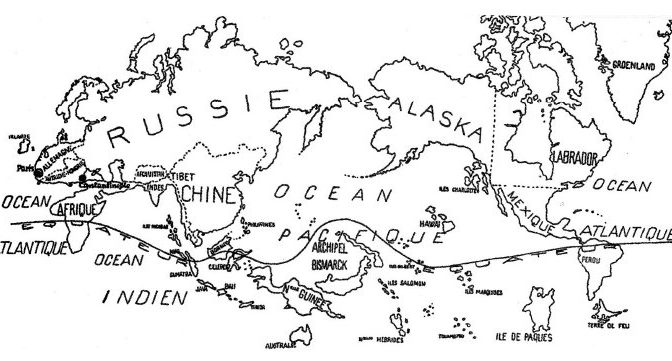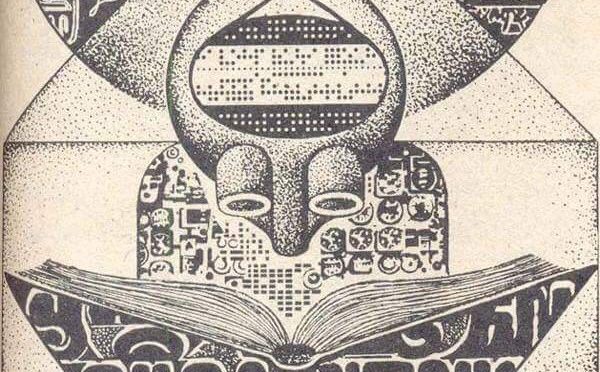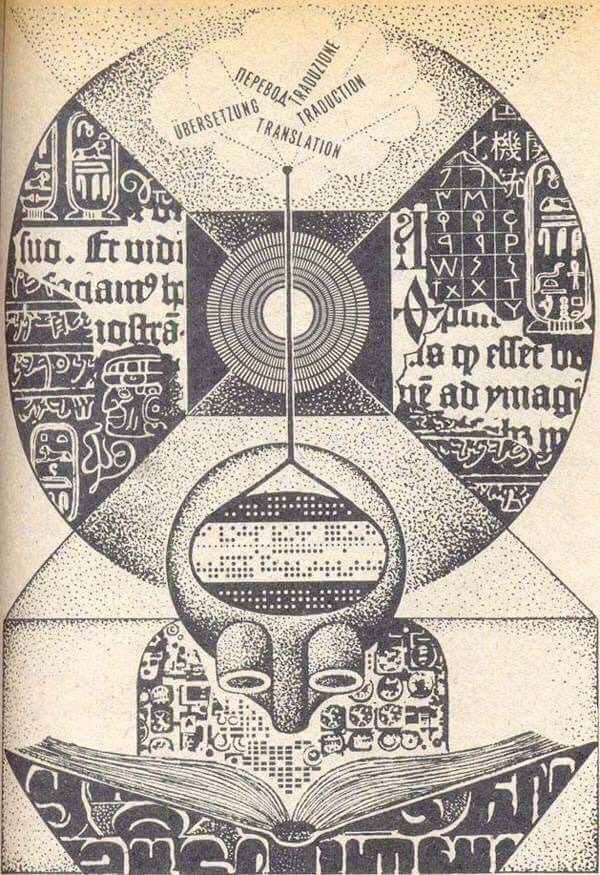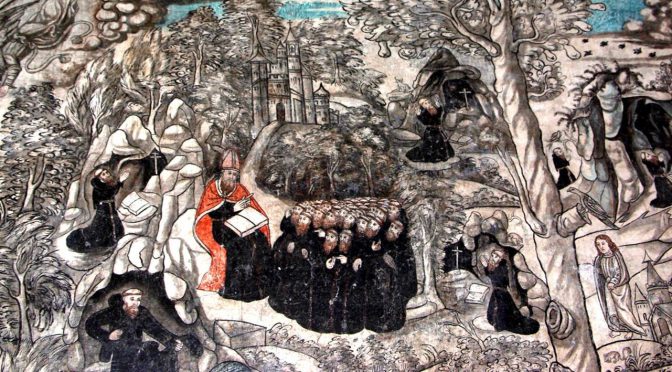L’initiative de ce colloque est née de la rencontre de trois projets : un projet franco-russe sur les procès en URSS (FMSH/RGNF), le micro-projet du Labex Création, Arts, Patrimoines « Images de la justice », et le projet WW2CRIMESONTRIAL1943-1991 soutenu par l’Agence Nationale de la recherche.
En savoir plus sur le projet ANR « Crimes de guerre nazis dans le prétoire »
Date et lieu : 12-14 octobre 2017 au CEFRES, Prague
Partenaires : CEFRES, Centre March Bloch, CERCEC, CEFR, GDR CEM (Connaissance de l’Europe médiane) et CERHEC
Langue : anglais
Voir l’appel à communications ici
Programme
Jeudi 12 octobre
9h : Ouverture
9h30-11h30
Session I : La médiatisation comme tournant : attraits et dangers
Discutante : Françoise Mayer
- Ornella Rovetta: « Judging war criminals in the 1920s: A pioneering precedent in making post-war justice visible? »
- Radu Stancu: « Capital Punishment for War Crimes and Crimes against Humanity in Romania after World War II »
- Enrico Heitzer: « The „Norwegians“: a nearly forgotten group of German and Austrian Nazi and war criminals in front of Soviet courts 1946/47 »
Pause café
11h45-13h45
Session II : Éléments-types des récits médiatiques et leurs conséquences
Discutant : Dimitri Astashkin
- Alexander Epifanov : « Information support to Trials over Hitler’s War Criminals and Accomplices in the USSR in 1941 – 1956 »
- Elena Kokkoken : « Pskov regional press: The trials over Russian collaborators »
- Marie-Bénedicte Vincent : « Ernst Kaltenbrunner in the Trial of Nuremberg: which reception in the press under military control of occupied West Germany? »
Pause déjeuner
Mobilisation sociale et justice
15h-17h
Session III : Susciter l’engagement social
Discutante : Audrey Kichelewski
- Agnieszka Smelkowska: « Revenge and justice on display: rehabilitacja in post-war Poland »
- Gabriel Finder : « Jews, Poles, and Justice in the Aftermath of the Holocaust »
- Nadège Ragaru : « Differentiated Publicity: The Sandglass of the (In-) visibilization of the Trials for Anti-Jewish Crimes in Bulgaria (1944-1945) »
Vendredi 13 octobre
Mobilisation sociale et justice
9h30-11h30
Session IV : Victimes et témoins : forces motrices pour la justice (1)
Discutante : Vanessa Voisin
- Natalia Aleksiun : « Survivor Networks and the Polish Post-War Trials »
- Giovanni Focardi, Andrea Martini : « Shadows and Lights in Trials against Fascists: Transitional Justice in Italy (1943-1953) »
- Maxilimian Becker: Victims’ Unions’ Reception of Trials: The Eichmann Trial in Jerusalem 1961 and the Frankfurt Auschwitz Trial 1963-1965
Pause café
11h45-13h15
Session V : Victimes et témoins : forces motrices pour la justice (1)
Discutant : Alain Blum
- Máté Zombory: « Arrow Cross atrocities on trial: the public trajectory of a key witness in Budapest (1945-1949) »
- Birte Klarzyk, Anne Klein : « Dynamics and Multiperspectivity of Justice: The “FFDJF” and the “Lischka Trial” of Kurt Lischka, Herbert Hagen and Ernst Heinrichsohn in Cologne, 1979/80 »
Pause déjeuner
13h50-14h30
Projection de film : The Victims Accuse (Moscou/Minsk, 1963). Commenté par Jasmin Söhner et Vanessa Voisin
14h40-16h40
Session VI : Les limites de la mobilisation sociale
Discutante : Alain Blum
- Eric Le Bourhis, Irina Tcherneva : « Soviet citizens write to the press and to the general prosecutor: the reception of the Kacherovski trial in Riga (1959) »
- Regina Kazyulina : « The Contingency of Postwar Justice in the Crimean Countryside »
- Andrea Pető : « Post WWII Trials and Perpetrators in Hungarian Cinema. The Missing Composure »
Samedi 14 octobre
Justice transnationale dans l’Europe de l’après-guerre
9h30-11h30
Session VIII : La réception de la propagande et les répercussions politiques
Discutant : Clara Royer
- James Ryan : « Ideology on Trial: The Prosecution of Leftists and Pan-Turkists at the Dawn of the Cold War in Turkey, 1944-1947 »
- Fabien Théofilakis : « The Eichmann Trial (1961) on the Front Page”: How did the Western European Press deal with the Nazi Past? »
- Jasmin Söhner : « Presenting unambiguous results: the case of Erwin Schüle »
Pause café
11h45-13h45
L’impact de la presse sur les procédures judiciaires
Discutante : Sylvie Lindeperg
- Steven Remy : « The Visual Politics of Infamy: The Malmedy Massacre Trial and its Aftermath »
- Kateřina Králová : « In the Shade of Eichmann: Prosecution of Max Merten in Greece and Beyond »
- Vojtěch Kyncl : « Judicial scandal in the « Malloth » process »
13h45-14h45 : Remarques conclusives






